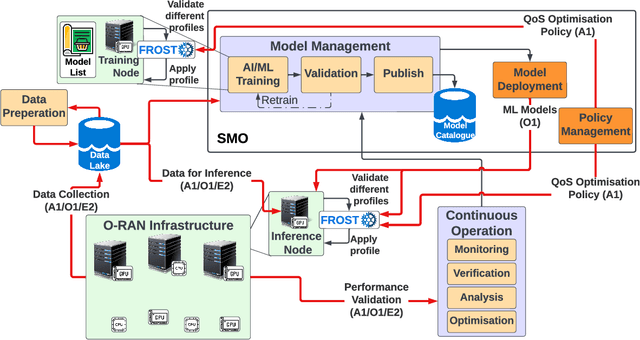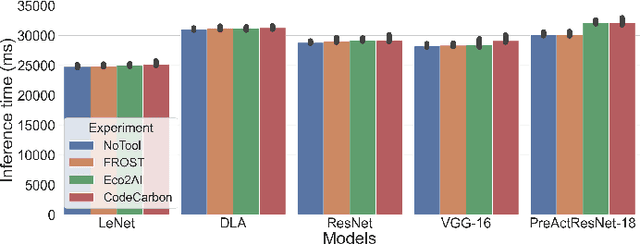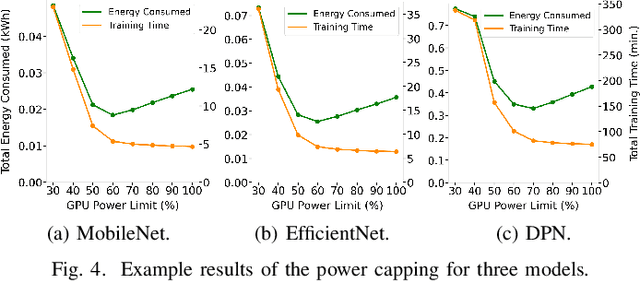Stefano De Feo
FLAME: Adaptive and Reactive Concept Drift Mitigation for Federated Learning Deployments
Oct 02, 2024Abstract:This paper presents Federated Learning with Adaptive Monitoring and Elimination (FLAME), a novel solution capable of detecting and mitigating concept drift in Federated Learning (FL) Internet of Things (IoT) environments. Concept drift poses significant challenges for FL models deployed in dynamic and real-world settings. FLAME leverages an FL architecture, considers a real-world FL pipeline, and proves capable of maintaining model performance and accuracy while addressing bandwidth and privacy constraints. Introducing various features and extensions on previous works, FLAME offers a robust solution to concept drift, significantly reducing computational load and communication overhead. Compared to well-known lightweight mitigation methods, FLAME demonstrates superior performance in maintaining high F1 scores and reducing resource utilisation in large-scale IoT deployments, making it a promising approach for real-world applications.
FROST: Towards Energy-efficient AI-on-5G Platforms -- A GPU Power Capping Evaluation
Oct 17, 2023



Abstract:The Open Radio Access Network (O-RAN) is a burgeoning market with projected growth in the upcoming years. RAN has the highest CAPEX impact on the network and, most importantly, consumes 73% of its total energy. That makes it an ideal target for optimisation through the integration of Machine Learning (ML). However, the energy consumption of ML is frequently overlooked in such ecosystems. Our work addresses this critical aspect by presenting FROST - Flexible Reconfiguration method with Online System Tuning - a solution for energy-aware ML pipelines that adhere to O-RAN's specifications and principles. FROST is capable of profiling the energy consumption of an ML pipeline and optimising the hardware accordingly, thereby limiting the power draw. Our findings indicate that FROST can achieve energy savings of up to 26.4% without compromising the model's accuracy or introducing significant time delays.
 Add to Chrome
Add to Chrome Add to Firefox
Add to Firefox Add to Edge
Add to Edge